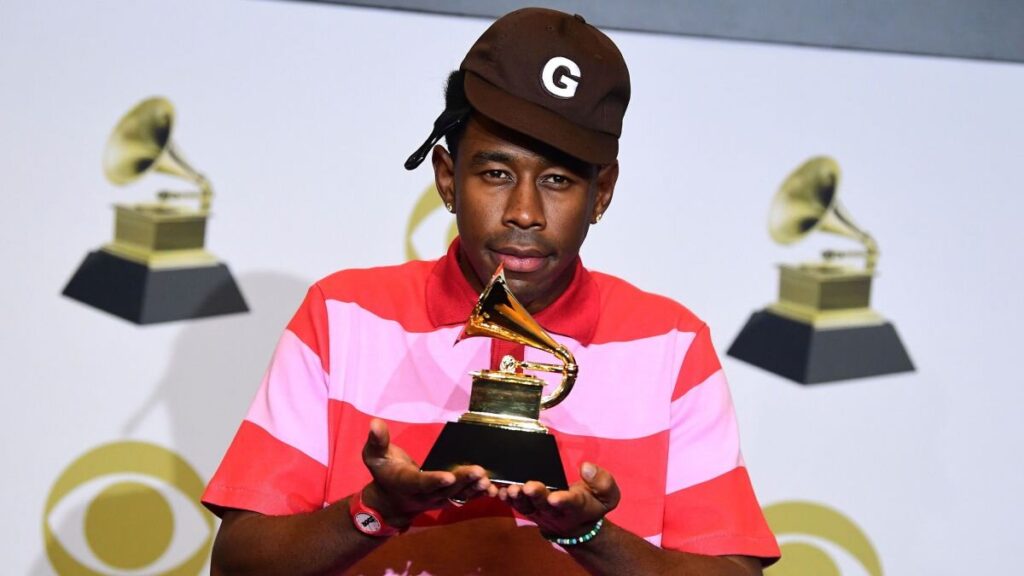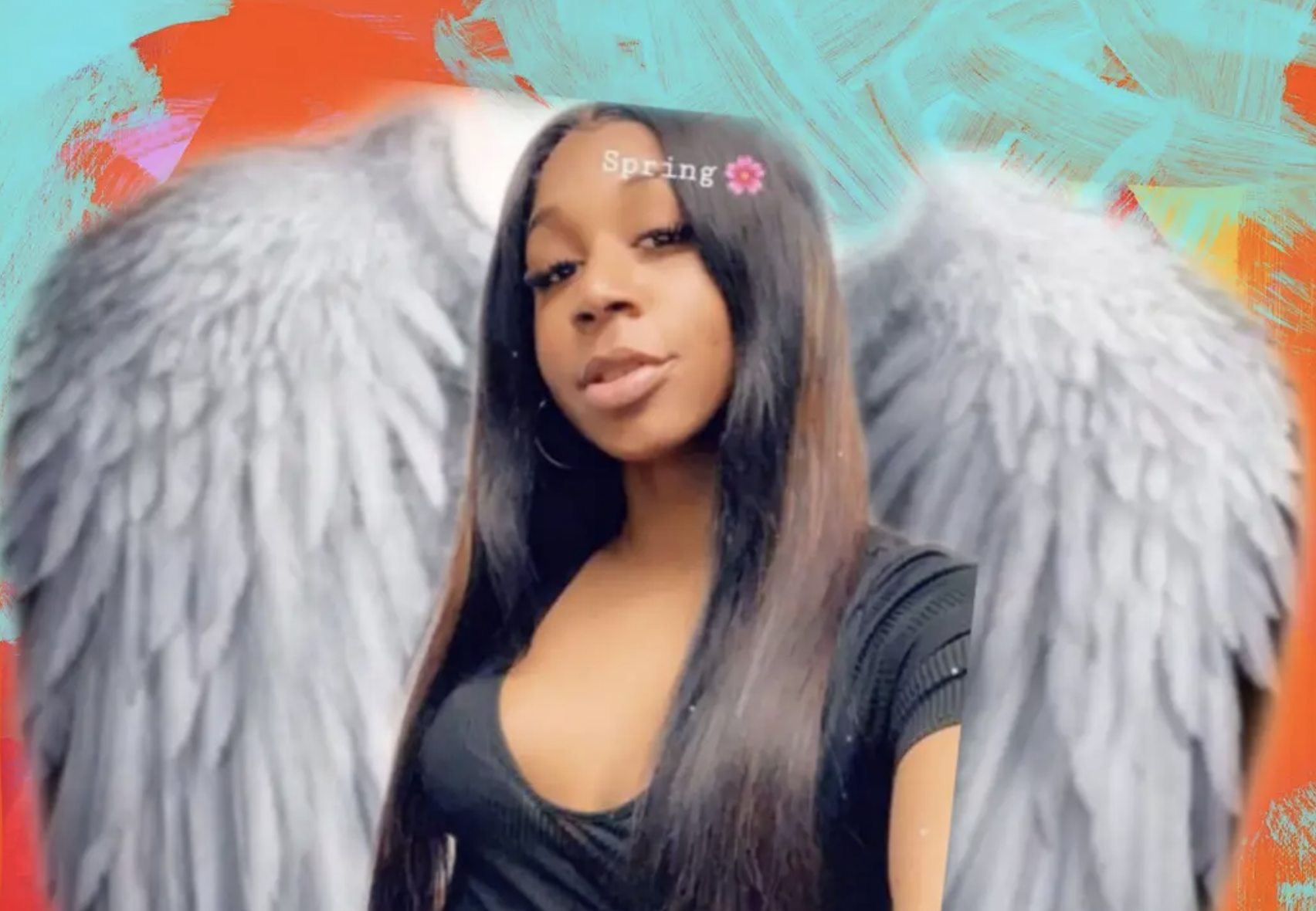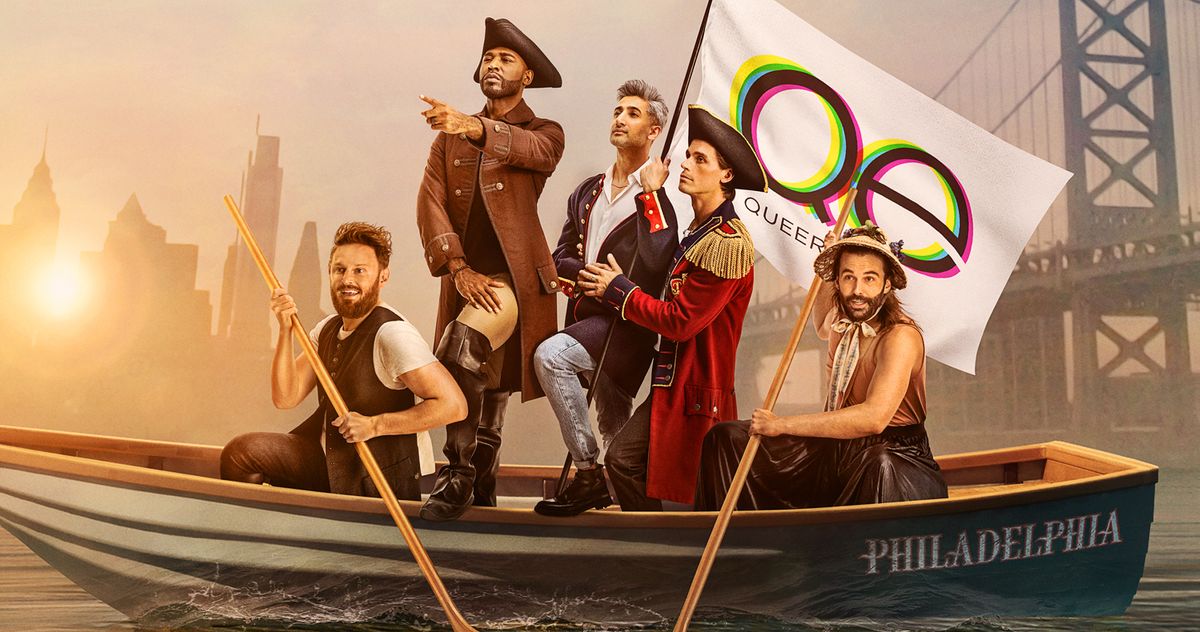Major and niche category nominations include snubs and surprises, many of which affect Black, Indigenous, People of Color, and Women.
This week’s 2021 Grammy nominations, which closely followed the 2020 American Music Awards (AMAs), have reopened the conversations around the non-recognition of BIPOC artists and the pigeonholing of Black artists.
For years, successful BIPOC artists have been snubbed by the biggest mainstream awards, and this year the absence of FKA Twigs, Rina Sawayama, the Weeknd and Lil Baby, among others, was sorely felt by fans and critics outside of the voting committee. Rapper Nicki Minaj took to Twitter to address the rebuffs by recalling a past instance when she wasn’t given her due.
Never forget the Grammys didn’t give me my best new artist award when I had 7 songs simultaneously charting on billboard & bigger first week than any female rapper in the last decade- went on to inspire a generation. They gave it to the white man Bon Iver. #PinkFriday
— Mrs. Petty (@NICKIMINAJ) November 24, 2020
if the grammys actually went by talent this year would just be all people of color and ty dolla sign’s white passing sister
— giabuchi lastrassi (@jaboukie) November 24, 2020
Another problem that people claim in the music industry is boxing all Black artists in Soul/RnB categories when that is not the genre that they make music in, as well as other miscategorisation of a Black artist’s music that appears to be racially informed. An example of this is Doja Cat’s Favorite Female Soul/R&B artist win at the AMAs which confused a lot of people because she is, at her core, a pop artist.
Just because someones black doesn’t mean their music is automatically RnB /Soul…….and like we’re tired of having to have this conversation….. like more microagressions and stereotypes
— Stephane Mathurin (@stephaneemath) November 23, 2020
At the VMAs this year, The Weeknd’s hit single “Blinding Lights” was also relegated to “Best RnB” when it was clearly pop. In addition, the Grammy’s creation of an “Urban Contemporary Album” category was subsequently renamed “Best Progressive RnB,” which some believe has been used to avoid nominating Black artists for “Album of the Year” or “Best Pop Album.” In the 35 years since the Grammys began, only one Black artist, Beyoncé, won “Best Pop Album,” which was for Formation in 2016.
progressive r&b???? https://t.co/O9sYmQ8ZzN
— sarah lugor!! (@sarahlugor) November 24, 2020
At the 2020 Grammys in January, Tyler, The Creator divulged his mixed feelings on winning “Best Rap Album” for Igor.
“Whenever we, and I mean guys that look like me, do anything that’s genre-bending or anything, they always put it in a rap or urban category,” he said. “And I don’t like that ‘urban’ word… It’s just a politically correct way to say the n-word, to me. So when I hear that, I’m just like, why can’t we just be in pop? So I felt like — half of me feels like the rap nomination was a backhanded compliment.”






